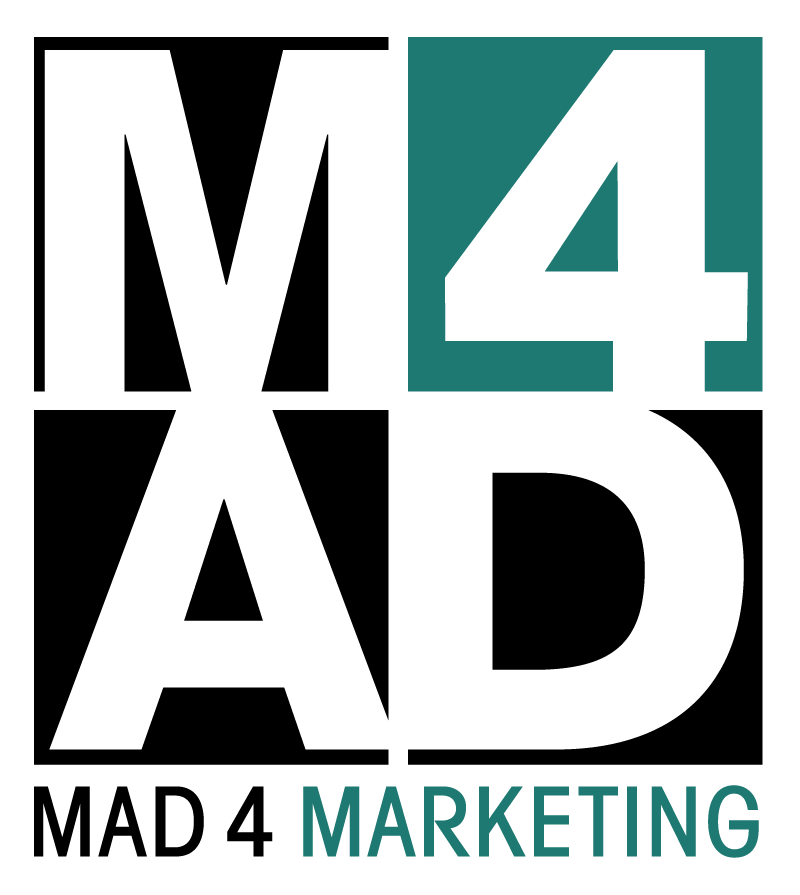We have previously mentioned the importance of being transparent when advertising on the Web. As page viewers become increasingly frustrated by pop-ups, covert ads and run-arounds, they reciprocally appreciate websites that are up-front about what elements are sponsored–as well as those that tailor advertising to most accurately reflect products and topics that readers may actually want. When distrust brews toward online advertising, the entire framework of interactive marketing–and how it can positively impact and support websites and businesses–is compromised. Earlier this year, popular review site Yelp.com came under fire for practices that walked too close to the fine line between acceptable and deplorable ethical behavior.
Yelp is a website that features every kind of business (from restaurants to dental practices) and allows anyone to sign in and post a review about that business–good or bad. That way, interested parties can get an unbiased, comprehensive overview of that company. Yelp offers free listings as well as paid memberships which come with additional features such as enhanced content control, videos and photo slide-shows. Paid accounts may also add sponsored posts–which means that their business page can come up first in a search for chosen key words, or an ad can even show up on a competitor’s page. Cost may depend on impressions or clicks, according to individual account terms.
Problems began to arise when it seemed like Yelp was ‘selling’ positive reviews to paid members through ‘Favorite Reviews.’ This feature pushed better reviews to the top of the page, and confused the matter of what were reviews and what could be constituted as advertisements. Even when these were genuine reviews–that is to say, not written by a company exec–the confusion and doubt that page visitors experienced when they saw positive reviews highlighted was enough to draw ire and attention to the site’s other questionable policies.
Another practice that bore review was Yelp’s filter, which automatically removed some reviews according to a quality control algorithm. Because only paying members had the filter in place, which most often managed to weed out negative reviews, this device made business pages seem even more like ads in disguise. For example, when soliciting paid accounts from businesses that were currently listed for free, Yelp made offers that essentially said negative reviews could disappear…for the right price. Many of the businesses that were contacted found the offer extortive, and some went so far as to contact authorities. The wording seemed to take advantage of a not-quite-illegal loophole–but one that could still be considered immoral.
In the spirit of total transparency, Yelp now offers readers the option to view every single review written, regardless of relevance or content–but only through a special, segregated link. Some critics have frowned upon this compromise. They believe that all posts should be shown at all times–or that the filter removal should be more prominently feature on the site (it is currently tucked into the bottom of review pages). However, having this option—and other changes that Yelp has made in recent months—have thus far been enough to satisfy contemporary ethical guidelines for transparency on the Internet.
